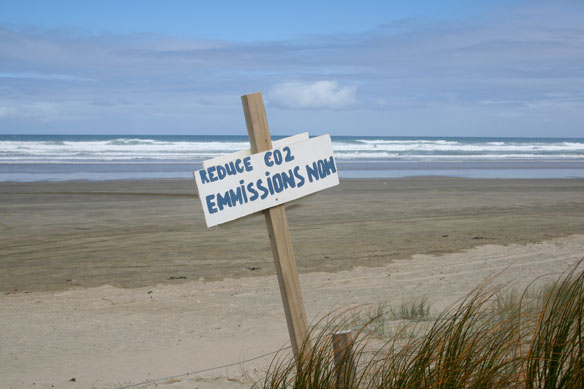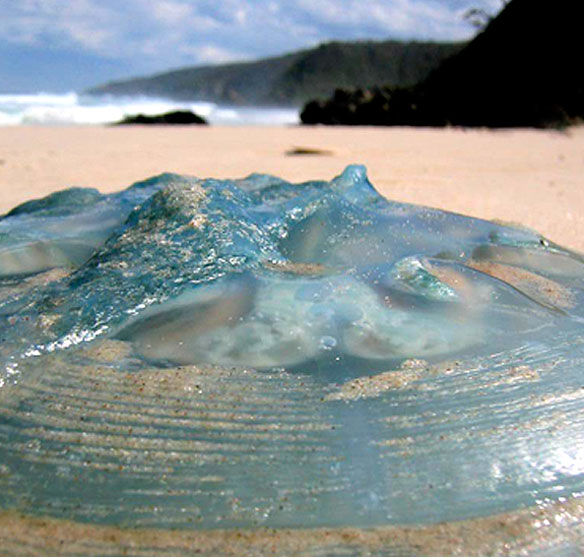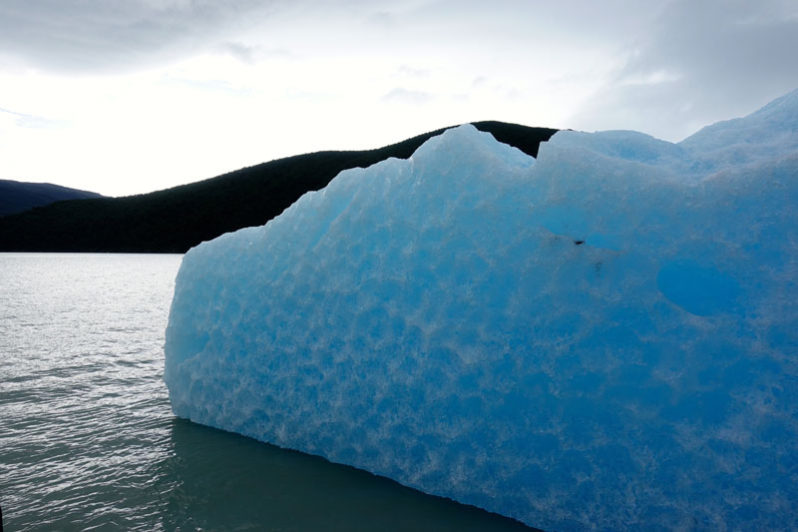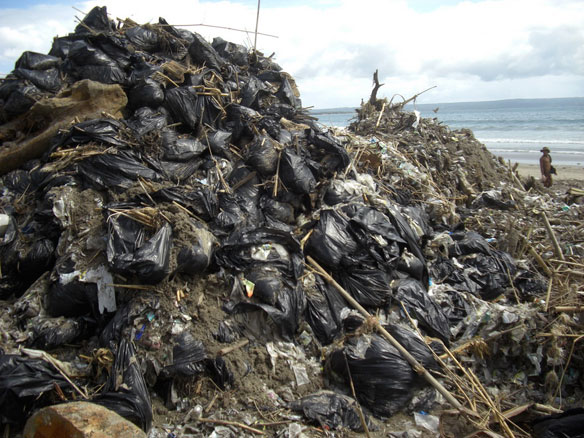Model suggests it could take decades for planet to start cooling after emissions are reduced

A trio of researchers at the CICERO Center for International Climate Research in Oslo, Norway, has found evidence that it could take decades for the planet to start cooling after human greenhouse gas emissions are reduced.
Climate change may cause extreme waves in Arctic

Extreme ocean surface waves with a devastating impact on coastal communities and infrastructure in the Arctic may become larger due to climate change, according to a new study.
First direct evidence of ocean mixing across the Gulf Stream

New research provides the first direct evidence for the Gulf Stream blender effect, identifying a new mechanism of mixing water across the swift-moving current. The results have important implications for weather, climate and fisheries because ocean mixing plays a critical role in these processes.
Heatwaves have become longer in most of the world since 1950s – study

Heatwaves have increased in both length and frequency in nearly every part of the world since the 1950s, according to what is described as the first study to look at the issue at a regional level.
Jellyfish the size of dinner plates are welcoming visitors to Northeast beaches

Some beaches in the northeastern United States are dealing with more than the threat of COVID-19 this holiday weekend. They have to contend with an unwelcome visitor: the Lion’s Mane jellyfish.
100.4 degree Arctic temperature record confirmed as study suggests Earth is warmest in at least 12,000 years

In a press conference Tuesday, the head of science at Russia’s Hydrometeorological Centre confirmed that the town of Verkhoyansk did indeed reach 100.4° F on June 20th. The official confirmation was requested by the World Meteorological Organization.
Why so hot so early in the summer?

Alarmingly, though, the summer solstice this year saw one rather unexpected region hit an all-time high: Verkhoyansk, Russia—north of the Arctic Circle—recorded a temperature of 100.4°F, the hottest it’s been there since 1885.
Why the Mediterranean is a climate change hotspot

Although global climate models vary in many ways, they agree on this: The Mediterranean region will be significantly drier in coming decades, potentially seeing 40 percent less precipitation during the winter rainy season.
Overconsumption and growth economy key drivers of environmental crises

Researchers, led by a UNSW sustainability scientist, have reviewed existing academic discussions on the link between wealth, economy and associated impacts, reaching a clear conclusion: technology will only get us so far when working towards sustainability—we need far-reaching lifestyle changes and different economic paradigms.
